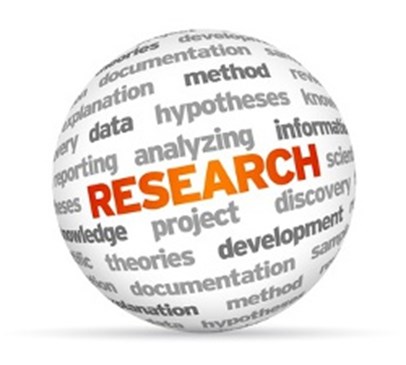In January 2014, we advertised a study by researchers at Canterbury Christ Church University into depression, motivation and fatigue following a stroke.
The results of this study are summarised below.
Background:
Stroke is a leading cause of disability in the UK and can lead to a number of physical, social and emotional difficulties. Problems with motivation, mood and tiredness are common consequences of stroke. Previous research has indicated that motivation and mood are related; and that mood and tiredness are related after stroke. However, to date no research has looked at how these three issues interact after stroke. This study aimed to address this gap in the research, and to examine what other factors might be linked to motivation, mood and tiredness after stroke.
What happened:
Previous research in this area was reviewed, and a postal questionnaire was completed by 63 people aged over 55 years who had a stroke. This questionnaire involved completing commonly used assessment tools asking about motivation, mood and tiredness; and also some questions about the person's demographics and some details about their stroke.
Results:
Previous research indicated that having poorer physical functioning, being female and have a more severe stroke were related to more problems with motivation, mood and tiredness after stroke. In the current study, 60.3% of people had problems with motivation, 58.6% had low mood and 58.7% had problems with tiredness. In this study, having poorer physical functioning was the only other factor which was associated with problems with motivation, low mood and tiredness.
The relationships between low motivation, low mood, tiredness and poor physical functioning appeared to be somewhat different for men and women. For men, it seemed that having poorer physical functioning was more related to problems with tiredness than it was in women. This may have been due to men being more affected by the change in their roles and their mood being more affected by not being able to physically do the things which they could do prior to their stroke.
Conclusion:
This research has implications in terms of how we understand the relationships between motivation, mood and tiredness after stroke. Health professionals working with people with stroke should consider these factors when developing interventions to help people who have had a stroke and are experiencing psychological difficulties.
Cliodhna Carroll
Trainee Clinical Psychologist
Salomons Centre of Applied Psychology
Canterbury Christ Church University
cc424@canterbury.ac.uk










